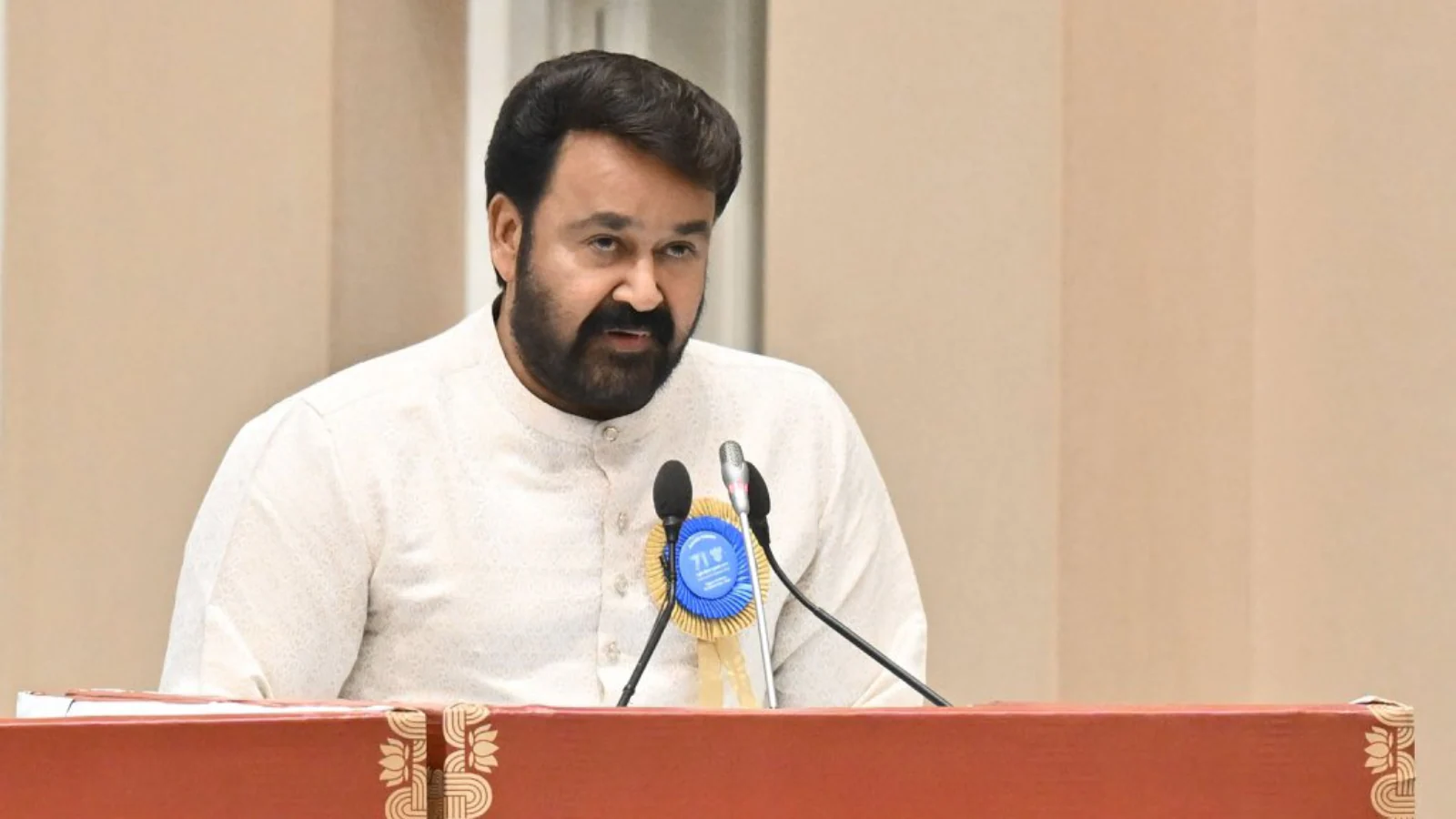Copyright medicaldialogues

New Delhi: A doctor from Delhi, who had been accused under the Pre-Conception and Pre-Natal Diagnostic Techniques (PCPNDT) Act back in 2016, has been granted relief by a Court in Delhi.Highlighting that there was no evidence to frame charges against the doctor under the offences, the bench of Justice Pankaj Rai granted relief to the doctor, holding, "there is insufficient material on record before the court and no primafacie case is made out for framing charges against the accused for the alleged offences u/s.186/353/332/341/34 IPC and u/s.23/25 PCPNDT Act. Accordingly, accused Dr. Sushil Garg is hereby discharged from the offence u/s.186/353/332/341/34 IPC and u/s.23/25 PCPNDT Act...Any other pending applications, if any, and tagged complaint also stands disposed off."The Government enacted the Pre-Conception and Pre-Natal Diagnostic Techniques (PCPNDT) Act back in 1994. This law prohibits sex determination before or after conception and regulates the use of pre-natal diagnostic techniques to prevent female foeticide. The offences under the Act are cognizable, non-bailable, and non-compoundable.In this case, the Delhi-based doctor was accused under the PCPNDT Act after a team led by Dr. Singh conducted a raid at the Delhi-based registered centre, whose in-charge doctor was the accused. An FIR was also registered in this connection.Also Read: Radiologist’s licence suspended by Maharashtra Medical Council over PC PNDT ViolationApproaching the Court, the counsel for the accused doctor argued that there was no material on record to frame charges against him. Further, the counsel also contended that the offences under PC&PNDT Act are not triable on charge sheet. The authority of the complainant to conduct the raid was also questioned. On the other hand, the counsel for the State opposed the plea and pointed out that the purpose of the PC&PNDT Act is to curb female infanticide. It was also argued that the contentions raised by the accused doctor were purely a matter of trial and evidence, and it cannot be adjudicated at this stage.Taking note of the submissions, the Court observed, "The law regarding discharge is well settled that the court while considering the question of framing the charges has the undoubted power to sift and weigh the evidence for the limited purpose of finding out whether or not a prima facie case against the accused has been made out. The test to determine prima facie case would depend upon the facts of each case. Where the materials placed before the Court disclose grave suspicion against the accused which has not been properly explained, the Court will be fully justified in framing a charge and proceeding with the trial. The Court cannot act merely as a Post Office or a mouthpiece of the prosecution but has to consider the broad probabilities of the case, the total effect of the evidence and the documents produced before the Court, any basic infirmities etc. However, at this stage, there cannot be a roving enquiry into the pros and cons of the matter and weigh the evidence as if the court was conducting a trial.""If on the basis of the material on record, the Court could form an opinion that the accused might have committed offence, it can frame the charge. At the time of framing of the charges, the probative value of the material on record cannot be gone into but before framing a charge the Court must apply its judicial mind on the material placed on record and must be satisfied that the commission of offence by the accused was possible. The Court is required to evaluate the material and documents on record with a view to find out if the facts emerging therefrom taken at their face value discloses the existence of all the ingredients constituting the alleged offence," it further noted.At this outset, the District Court relied on the Supreme Court's observations in the case of Dipakbhai Jagdishchandra Patel v. State of Gujarat, the judgment in the case of Asim Shariff v. National Investigation Agency and also the case of Bhawna Bai v. Ghanshyam.The Court, after considering the material on record, noted that in the present case, the chargesheet was filed by the IO for the offences u/s.186/353/332/341/34 IPC and u/s.23/25 PCPNDT Act. Consequently, the notice of the above offences was taken by the Court by an order dated 06.12.2019.Referring to the argument made by the counsel for the accused that the offences under the PCPNDT Act are not triable on the basis of chargesheet, the Court observed, "It is a trite law that the registration of FIR and police investigation for the offences under said Act are not barred vide judgment of Hon’ble Delhi High Court in Manoj Krishan Ahuja v. State of NCT of Delhi & Anr. Crl. M.C.1352/2023 decided on 24.04.2023."Further, the bench noted that the cognizance of the offence on the police report has already been taken by the Ld. Predecessor of the Court by the order dated 06.12.2019. "This court has no power to review or recall the said order. The argument...



